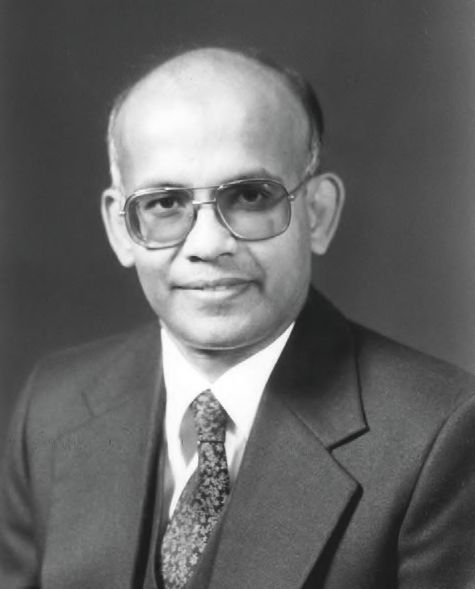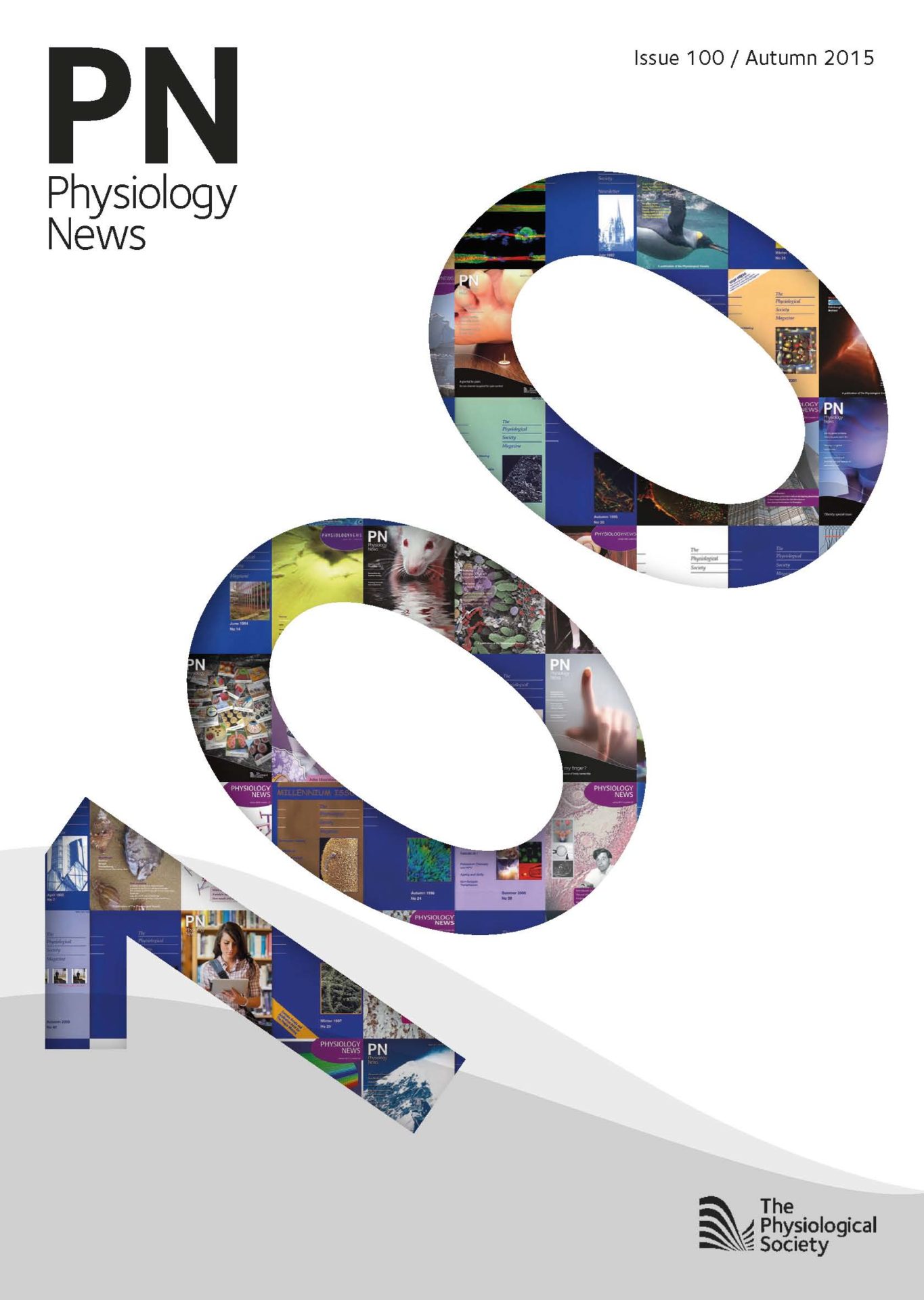
Physiology News Magazine
Obituary: CT Kappagoda
1943 – 2015
Membership
Obituary: CT Kappagoda
1943 – 2015
Membership
HM Snow
Adjunct Professor, Department of Physiology University College, Cork, ROI
https://doi.org/10.36866/pn.100.41

Professor CT Kappagoda died on 28 January, 2015, aged 71, in Sacramento, California. Tissa Kappagoda was Professor of Medicine in the Division of Cardiovascular Medicine at the University of California, Davis. He qualified in Medicine at the University of Ceylon in 1965. In 1966, he moved to England, where he held junior hospital appointments in the National Health Service before joining the Cardiovascular Unit in the Department of Physiology at Leeds University. The unit, which had recently been set up under the direction of RJ Linden, combined basic science and clinical cardiovascular investigators within one group. His PhD thesis was on the function of atrial receptors. Specifically, he examined the reflex pathway of the diuresis in response to stimulation which, in the early seventies, was considered to be both hormonal (ADH) and neural. However, after elimination of both hormonal and neural components, it was still possible to obtain a diuresis and it was concluded that there exists an – as yet – unidentified diuretic hormone.
Kappagoda’s intellectual and experimental input to these experiments was immense. He and I collaborated on several projects and he became a valued friend. I shall never forget his great technical skill at finding atrial receptor single unit activity in the cervical vagus and he could always be relied upon to complete that most difficult task of producing a first draft of any paper. The results of all these experiments were written up in a series of papers in The Journal of Physiology and Experimental Physiology as well as in The Society’s publication, Atrial Receptors, (with RJ Linden). At the same time, investigations of clinical relevance into methods of the assessment of acidaemia and its cardiovascular effects were carried out. Kappagoda also developed a novel open-circuit method of measuring oxygen uptake during exercise which was used to assess the effects of exercise in patients with ischaemic heart disease.
After leaving Leeds in 1978, Kappagoda was appointed Research Professor of Medicine and Director of Cardiac Rehabilitation at the University of Alberta in Canada. Here, he quickly established a team of research assistants working on both clinical and basic cardiovascular physiology such as the function of pulmonary receptors in heart failure and the effects of exercise training in ischaemic heart disease. The success of his work at the University of Alberta led to his final appointment as Professor of Medicine, Division of Cardiovascular Medicine, at the University of California, Davis and Director of the Preventive Cardiology Programs at the University of California Medical Center. Here, his research focused on the role of endothelial cells in regulating vascular tone and the effects of fatty acids and polyphenolic products present in plants in human and animal models. All this work is of particular relevance to patients with Type 2 diabetes and atherosclerosis.
Throughout his career many research fellows had the privilege of collaborating with, or being supervised by, him for their doctoral theses. Too many to be listed here, we all gained greatly from his unselfish guidance and friendship. They are all mentioned as co-authors in his peer-reviewed publications of which there are over two hundred. Tissa Kappagoda was also an accomplished artist, exhibiting his water colours in galleries in Sacramento, California.
His contribution to cardiovascular science both as an investigator and a teacher was great, but these scientific achievements should not over-shadow his work as a caring physician devoted to the welfare of his patients. It is rare to find these two attributes in one person. He will be sorely missed. He is survived by his wife, Mary, two daughters, Shanthi and Manel, and three grand-daughters, Luna and Willow Kappagoda, and Ruby Whittier.
